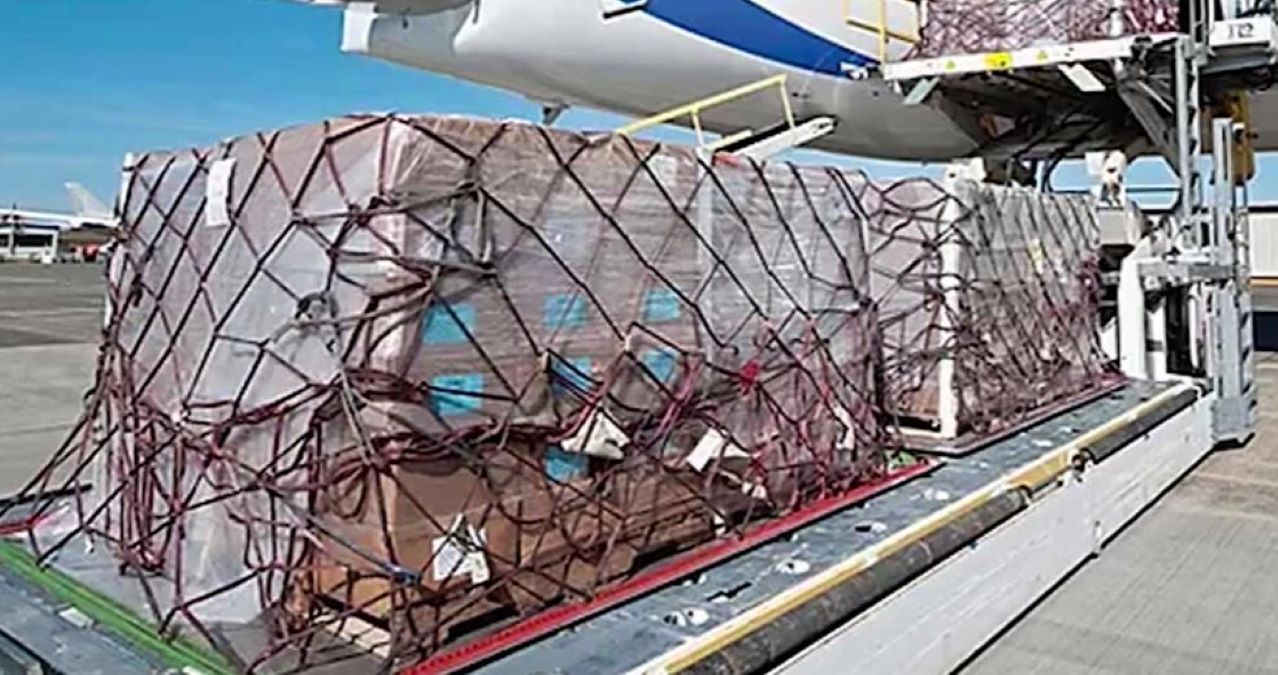Nigerians can once again pay directly for Netflix, Amazon shopping, and foreign school tuition using their naira debit cards, after major banks reinstated international card services. The near three years of suspension put a strain on Nigerian bank accounts.
The change, which took effect in early July 2025, comes as the naira holds steady at about ₦1,528 to the U.S. dollar on the official foreign exchange market. The currency also strengthened slightly after the announcement, moving from ₦1,528.56/$ on July 4 to ₦1,528.33/$ on July 7.
For millions of consumers, the reactivation means freedom from cumbersome workarounds such as buying costly dollar cards. More so, it limits the need for help from relatives abroad or the black-market alternative just to pay for basic services.
Banks including GTBank, First Bank, UBA, Wema Bank, and Providus Bank have set varying limits for international usage.
GTBank now allows up to $1,000 per quarter, while First Bank and Wema Bank set $500 monthly caps. Though capped, the limits are enough for many to cover essentials such as online subscriptions, international exam fees, or modest tuition installments.
- New Decision for Maryam Sanda as She Gets 12 Years

- China-Nigeria Sign $400m Deal to Boost Steel Production

- Ramping up Renewables in Nigeria After UN Emission Report

The policy shift is supported by an improvement in Nigeria’s external position. The Central Bank of Nigeria reported foreign exchange reserves of about $39 billion in May, with inflows in the first quarter hitting $28.92 billion.
Inflows rose further to $1.79 billion in the week before the card announcement, buoyed by strong foreign investor participation.
While spending caps remain modest, the return of naira debit cards for global use is widely seen as a milestone in Nigeria’s financial recovery—one that puts consumers back at the center of the FX story.







